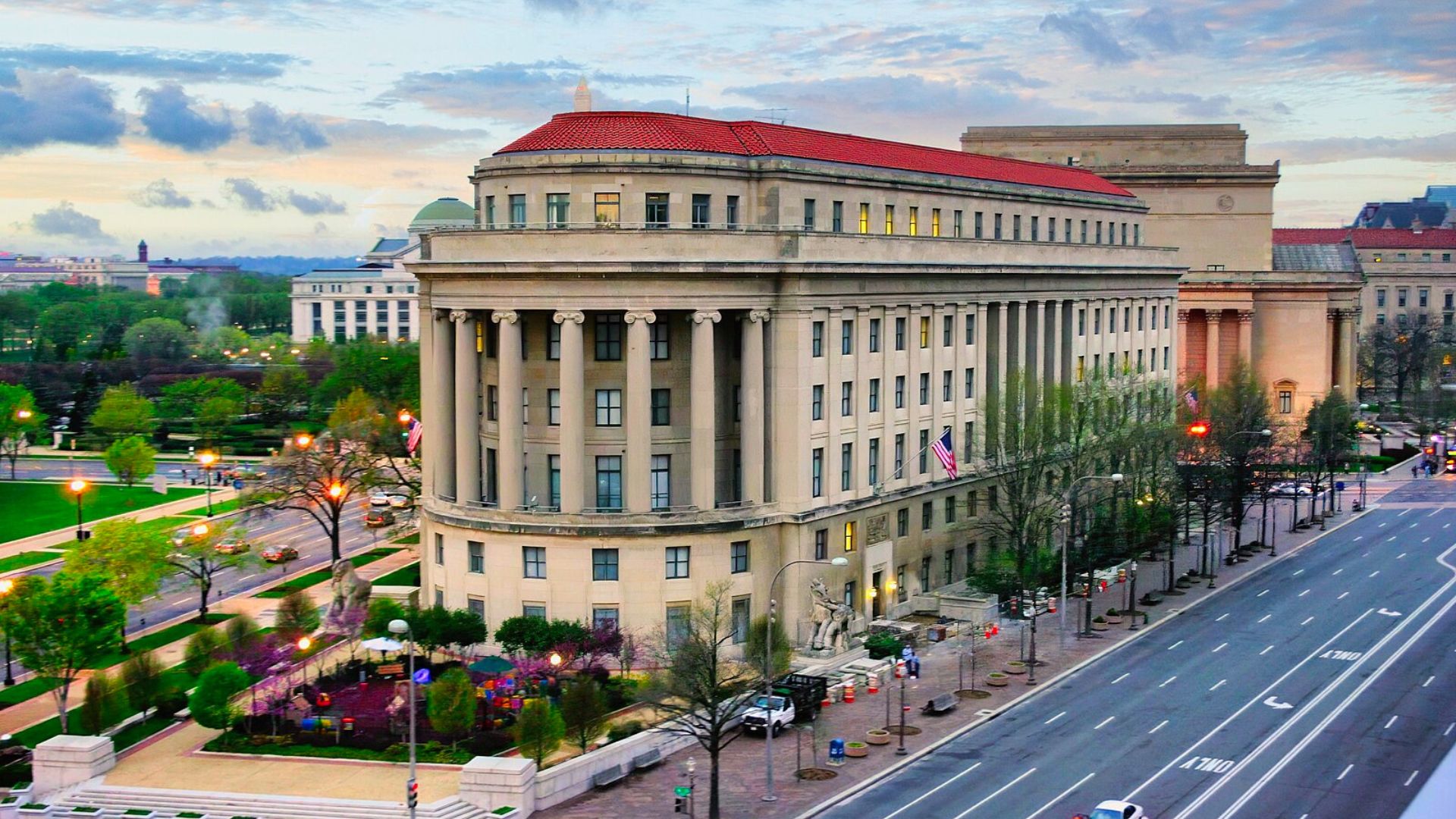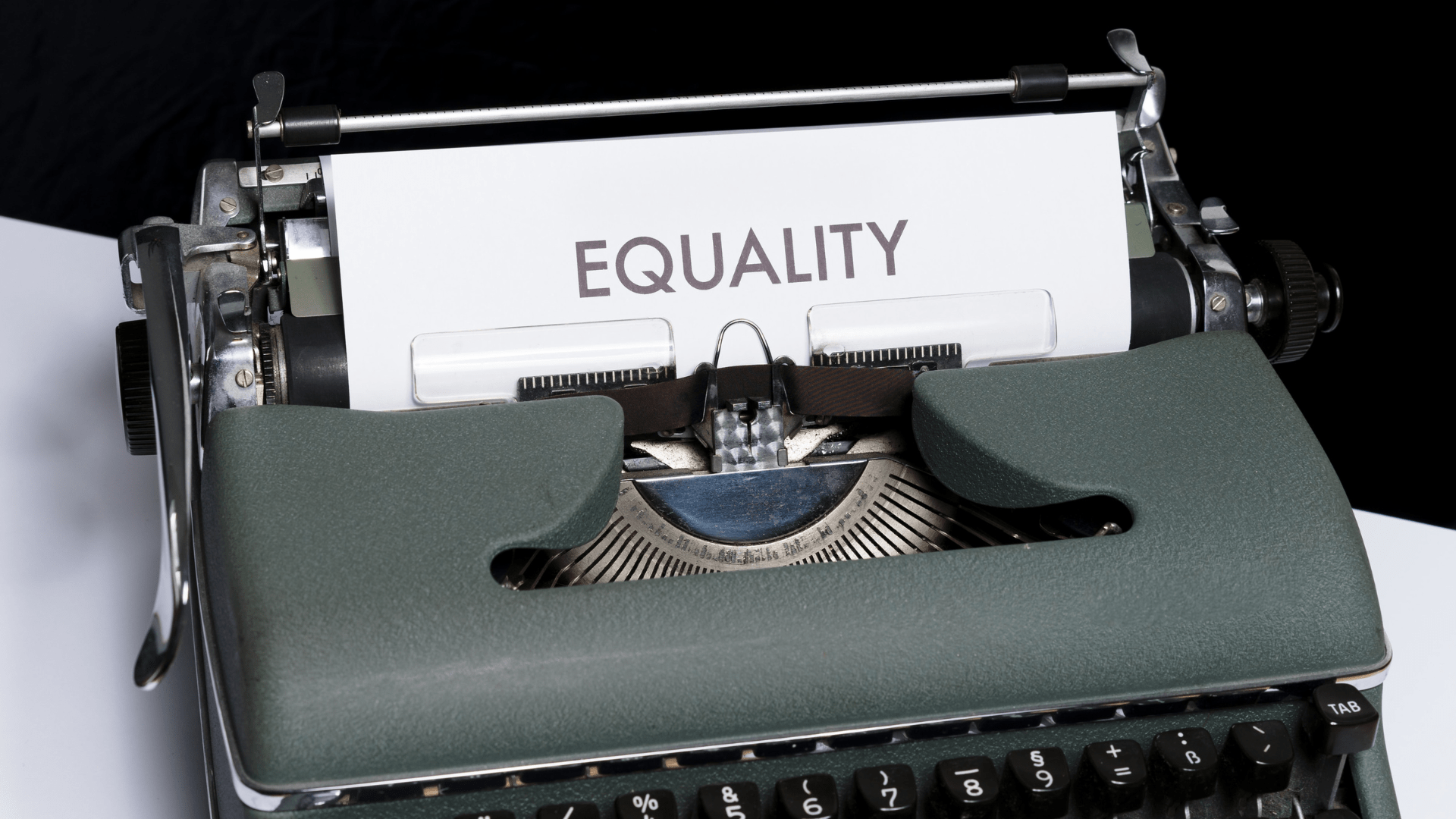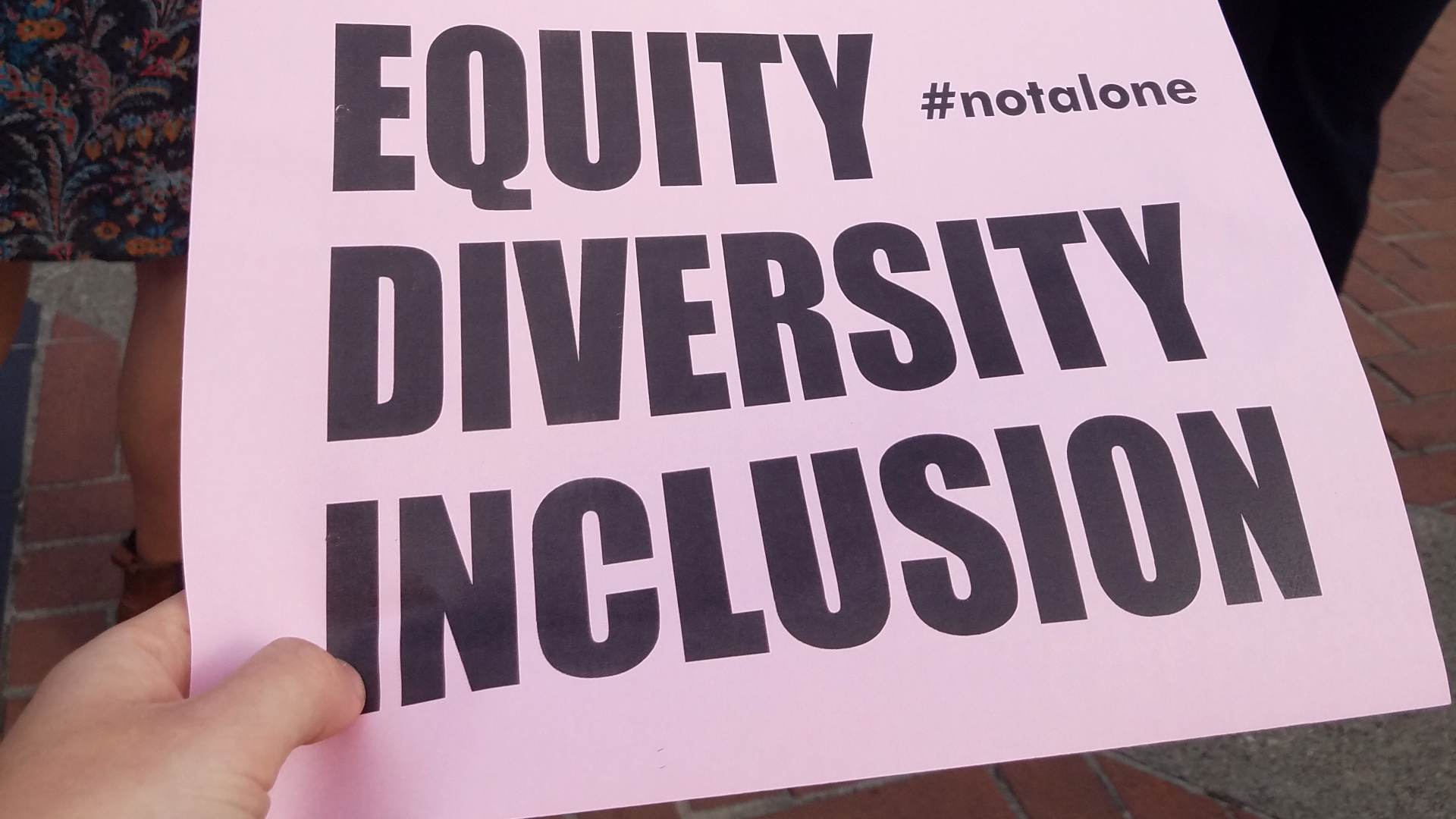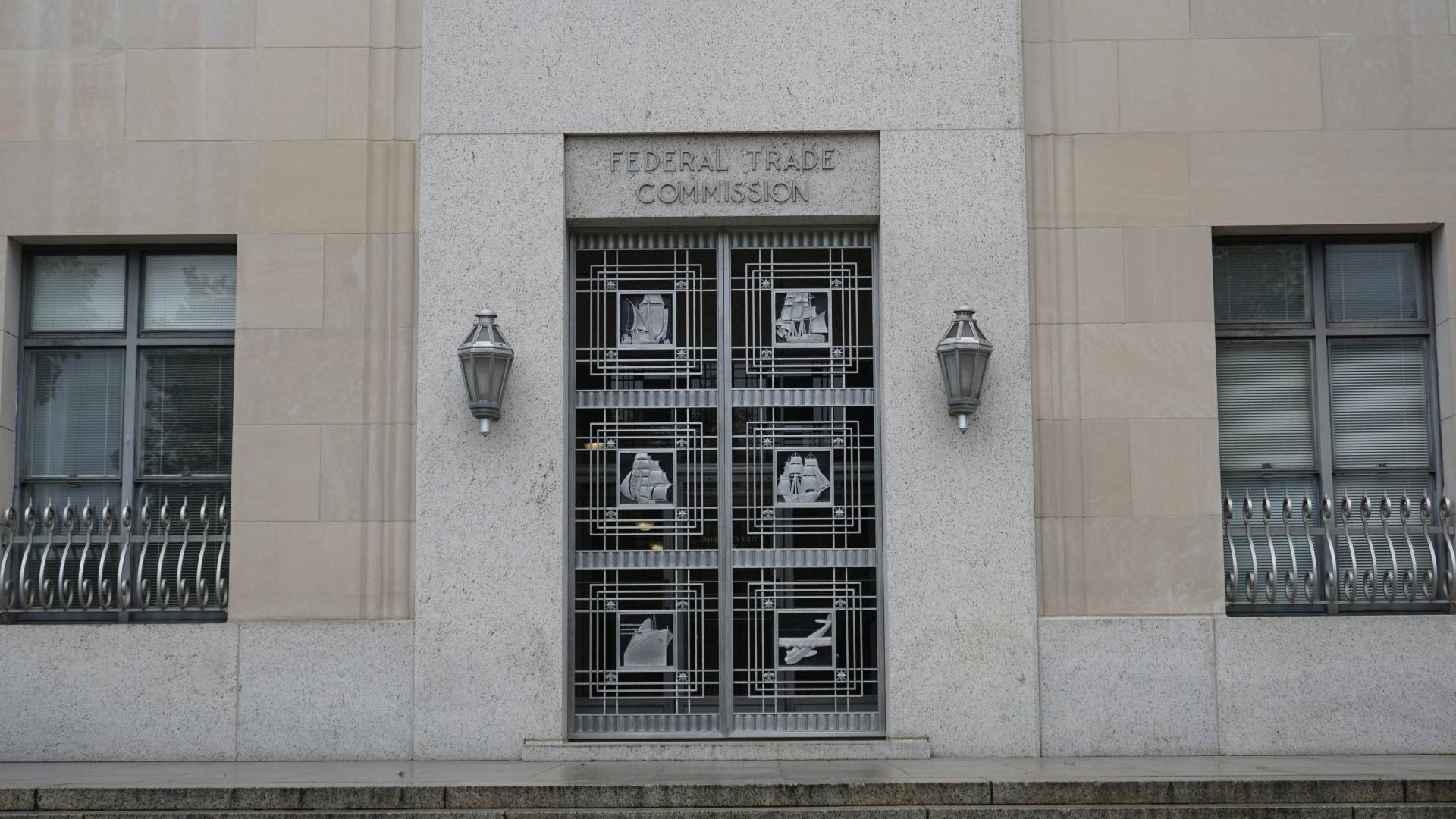Last Thursday, the Federal Trade Commission (FTC) handed down a decision that a Republican commissioner is warning could have consequences for diversity, equity, and inclusion (DEI) initiatives in American businesses.
According to FTC Commissioner Melissa Holyoak, the decision reached in the case could have a “pernicious” effect in incentivizing the adoption of DEI for companies to protect against future cases of discrimination.
FTC Case

The FTC settled a case last week involving an Arizona car dealership that was accused of advertising misleading prices to attract customers, with the allegation being that actual prices for the vehicles were thousands of dollars more than what was listed.
“FTC and Arizona AG charged dealership and key employee with using bogus online pricing to entice consumers, tacking on thousands in junk fees, and charging Latino consumers extra,” said an FTC press release.
Composition of the Agency

The FTC is comprised of five commissioners, two being Republicans and three being Democrats. Lina Khan, the current chair of the FTC was appointed by President Joe Biden to serve.
As a federal agency, the FTC is empowered by the executive to enforce laws that protect customers from unfair business practices and guarantee fair competition in the free market.
Cracking Down on Price Cheating

The FTC decision comes as the agency intends to crack down on what some see as unfair and increased prices across the economy.
“[The dealership] used junk fees and other illegal tactics to drive up prices for consumers, especially Latino consumers,” said Samuel Levine, Director of the FTC’s Bureau of Consumer Protection. “The FTC will continue cracking down on practices that drive up prices, cheat consumers, and undercut honest sellers.”
Racial Comparison

Part of the FTC complaint analyzed how Latino customers allegedly faced increased discrimination compared to non-Latino white customers.
“On average, Latino consumers who shop at [the dealership] pay nearly $1,200 more in interest and add-on charges than their non-Latino White counterparts. These increased costs come in the form of higher interest rate markups on financing, as well as higher charges for various add-on products,” said the FTC press release.
Decision in the Case

The FTC and the Arizona Attorney General voted to reach a $2.6 million settlement with the accused party, which will reportedly be used to provide refunds to customers who were allegedly subject to unfair additional fees.
The dealership was alleged to have violated the Equal Credit Opportunity Act (ECOA), which prohibits creditors from discriminating against customers on the basis of things like race and religion.
Section 5 of the FTC Act

While Holyoak agreed with the majority’s decision in the case, she warned that the FTC also tackled a “superfluous” question on a violation of Section 5 of the FTC Act.
“[N]o matter how well-intended, broad standards of liability under disparate impact theories can backfire — particularly ones that seek to regulate the entire American economy — creating risks of unlawful race-based practices,” Holyoak said.
Broadening Authority

Holyoak felt that the reasoning in this decision broadened the FTC’s authority to protect customers and transformed it into a new racial-based standard of liability based on civil rights.
“Absent Congressional authorization, the Commission should not attempt to broaden the FTC’s unfairness consumer protection authority into a comprehensive civil rights authority — a new standard of liability that may have unintended and pernicious consequences,” said Holyoak.
Racial Lens

The Republican commissioner was uncomfortable using a racial lens to solve questions of consumer unfairness.
“The solution to our Nation’s racial problems cannot come from policies grounded in affirmative action or some other conception of equity. Racialism simply cannot be undone by different or more racialism,” said Holyoak.
Pernicious Consequences

Holyoak asserted that the door is now open for companies to try to shield themselves from liability by injecting practices like DEI and others with racial considerations into their business activities.
“These consequences may be especially pernicious when the Commission assigns individual liability due to statistical disparities. Individuals may, for example, have strong incentive to shield themselves from liability by ‘inject[ing] racial considerations,’ practices, or audits into everyday business activities to fend off future unfair discrimination claims,” Holyoak said.
Equity Economy

What this essentially means is that companies now have a greater incentive to adopt “equity” or DEI policies to try to avoid the FTC trying to crack down on them.
“Bringing an ‘unfair discrimination’ claim here based on statistical analysis and disparate impact is consistent with a broader vision to achieve economy-wide, equity-oriented regulation of conduct that historically was never proscribed by Section 5 of the FTC Act,” wrote Holyoak.
Effort to Expand FTC Power

Holyoak views the rationale behind the decision as a way for the FTC to use its power as an arm to fight racial discrimination across the country, something she believes is not something the agency should be engaged in.
“Understanding the broader motivation for the approach in this case — that is, as an effort to expand unfairness well beyond its traditional metes and bounds to ‘combat discrimination across the economy’ — makes clear the Majority’s purpose for including the otherwise superfluous unfair discrimination count,” Holyoak said.
